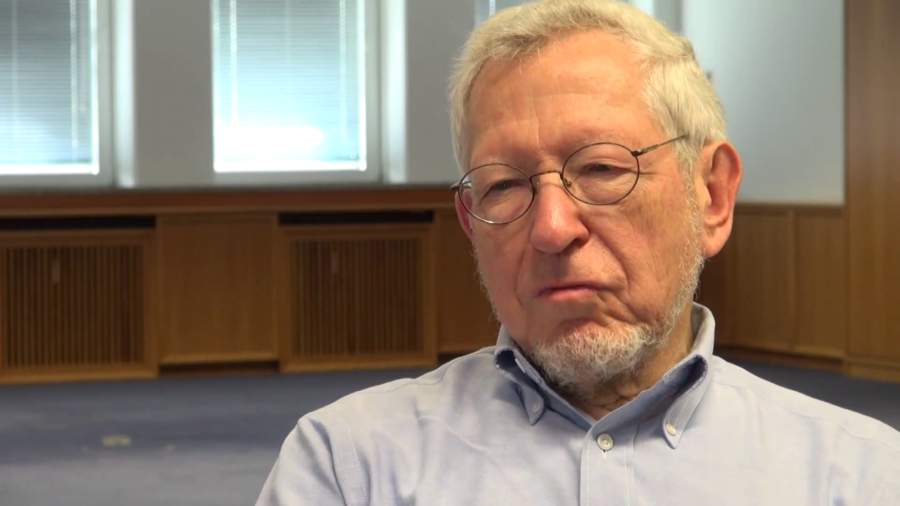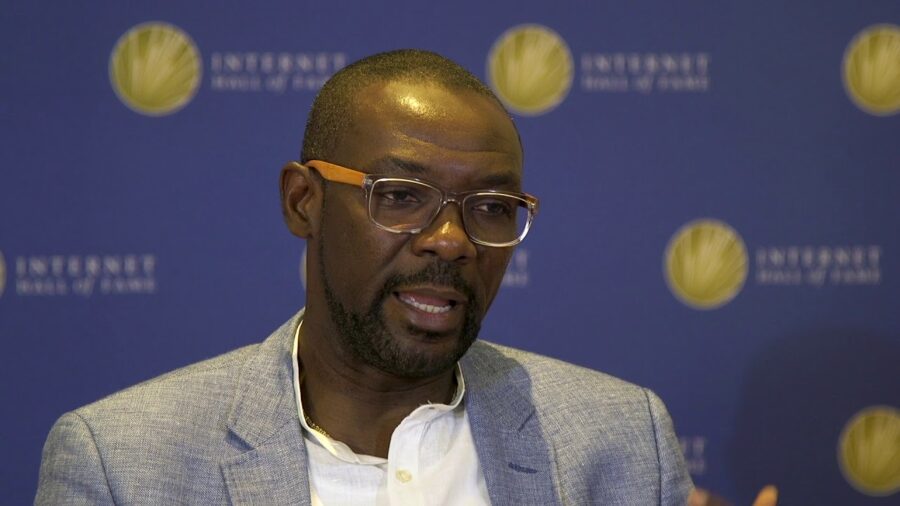I would hope that ten or twenty years from now we live in a world in which Internet access is taken almost for granted, and that it’s conceivable that the Internet—the name “Internet”—will actually fade and we’ll just consider it part of the infrastructure that we’re used to just like you know, there’ll be a plug in the wall for information services over the Internet.
Archive
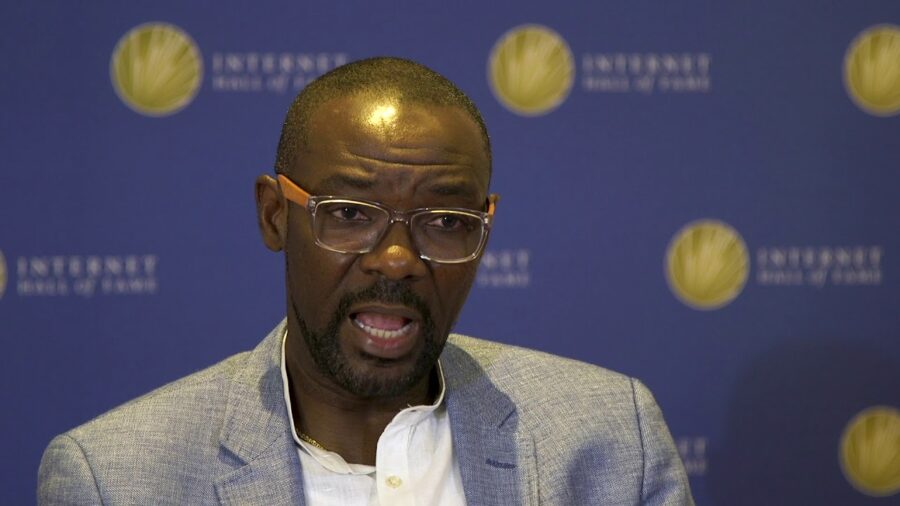
One of the key challenges is the language barrier. In Africa there are three major languages spoken, or used in professional environments: French, English, some Portuguese. And trying to bring the community from all those different language backgrounds to focus on a project like AFRINIC was hard.
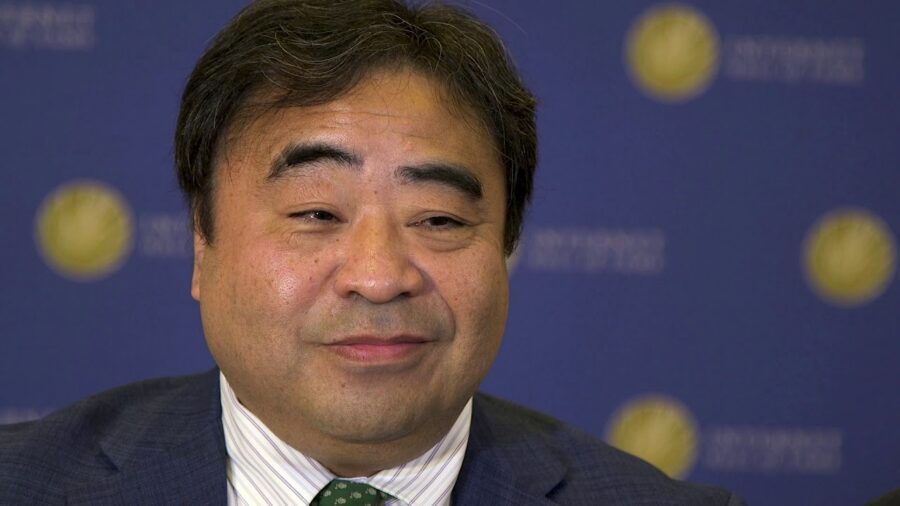
He’s a founding member of the WIDE Project that is the initiating R&D and business of the Internet in Japan, as well as collaborating with global partners in order to make the Internet the real infrastructure for everyone.
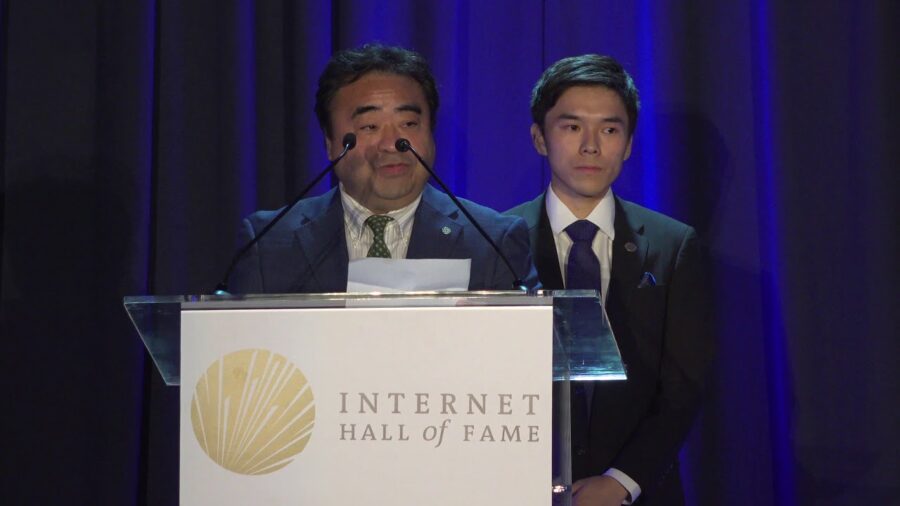
I was born in 1999. Some people like to call my generation the Internet experts. For us, the Internet existed from the moment we were born. And its safety was taken for granted. However, this is all due to the work of my father and his allies speaking to the world, telling them security on the Internet is going to be highly important fifteen years before I was even born.
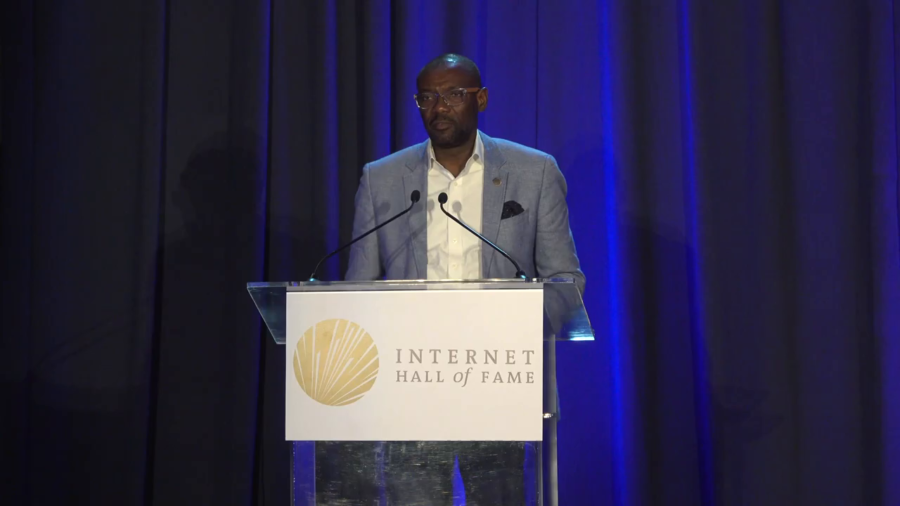
Nominated for effort and contribution to several initiatives that brought and drew the Internet in West Africa in the 90s, and also for leading and nurturing the consensus approach that has helped create AFRINIC, the Internet number registry in Africa in 2004, I have witnessed over those twenty-five years how technology can change and improve people’s lives on a daily basis.

